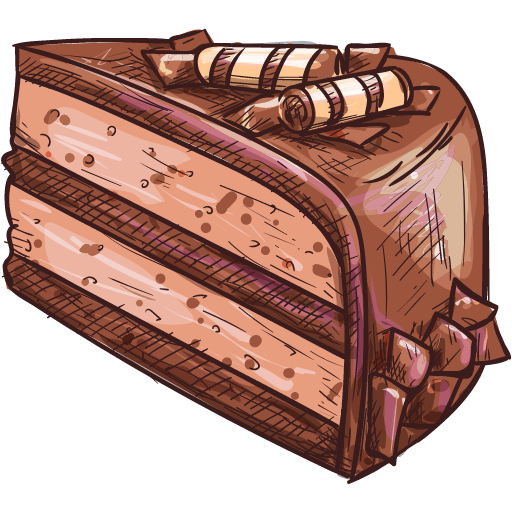Fiction in Life
There’s a moment in Dune, by Frank Herbert, where young Paul Atreides is given a “test of humanity.” The gom jabbar (a poison needle) is held against his neck, and he’s told to place his hand inside a box. He’s told that if he pulls his hand out of the box, the needle will kill him.
Paul puts his hand in the box, and immediately feels a searing pain that steadily increases in intensity. It is explained that a human will be able to ignore the base urge to escape the pain, and instead, follow the long-term goal of survival.
It is, by any standard, a horrible test, and one I would undoubtedly fail. The idea behind it stuck with me, though. Over and over again, I’ve found myself facing moments where I had to prioritize the long view over any immediate desires.
Facing an opportunity to cheat on a test? Sure, I see the advantage of getting an A, but that’s not who I am, and certainly not who I want to be. I see you, gom jabbar. You won’t jab me today. I’ll be content with whatever grade I earn.
Want to eat that chocolate cake? Of course I do, but I’m also trying to lose weight.
Stupid gom jabbar.

Countless other moments of fiction also inform my life. In any given second, I could be racing through the garden with Rikki-Tikki-Tavi, staring out at the mountains with Buck, or squaring up against a tree stump with Shane.
I think the reason these moments are so effective, the reason they take root and grow within us, is because of where they come from.
Fiction’s great secret is that the stories don’t happen on the page. They happen in the mind of the reader. The writer does everything possible to craft a compelling story, but the true magic happens as it’s being read. That’s when the writer’s story combines with the reader’s imagination.
Your imagination is a powerful thing. When something happens there, it tends to stick with you.
Let me give you an example. My first book, Dragon Run, takes place in a world run by dragons. The dragons don’t just rule the humans, they also rank them. On Testing Day, your rank is tattooed onto the back of your neck, for everyone to see.
Score a seven on Testing Day and you’re set for life. Everything will be easy for you. Get a one, and you’ll be an outcast, shunned by society and never able to get a job.
In the book, the hero comes from a family of high rank, but ends up with a low one. The reader gets to experience both those situations.
Shortly after Dragon Run was written, I was helping chaperone a class trip to St. Augustine when one of the students grabbed my hand. “Mr. Matthews,” she hissed, “look! He’s a class one.”
She was pointing to a homeless person.
While my brain tried to catch up with what was happening, she repeated herself. “He’s a class one! We have to help him.”
I do not believe this homeless person was the first one the girl had ever seen. He was, however, the first one that she’d felt a connection with. She had taken the experience of Dragon Run, internalized it, and come to a decision about how she would treat those less fortunate than herself.
That’s the heart of good fiction. Working with our imagination, it gives us moments that we can turn over and over in our heads. We can consider them from all angles, and decide how we really feel.
Children’s fiction is even more powerful, because it gives kids the chance to consider decisions before they have to make them in real life.
Picture a child in a group that is insulting and laughing at someone. This is a moment of extreme stress. Social pressures are pushing the child one way. Internal pressures are pushing another. Guilt, anger, fear, outrage, embarrassment, and the desire to please are probably all screaming for attention.
Now, imagine that the child has previously experienced that situation in a book, maybe even talked it over with parents. The emotions are all still there, but this time, they’re recognizable. The child has had the chance to consider longer term questions of character and personal responsibility.
Fiction gives us the opportunity to live lives separate from our own. It lets us safely consider ideas and opinions that may never come up, and to use them to inform and improve our own lives.
Also, it’s a ton of fun to read.
This article was originally written for Satisfaction for Insatiable Readers
Want to comment? Hit me up on Threads or Facebook!



